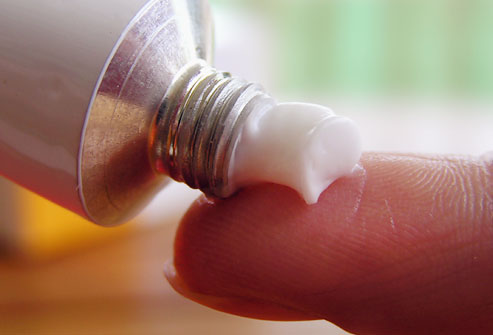Hemorrhoid should be treated only when patient starts complaining of them. In case of symptomatic hemorrhoids, the first line of treatment includes dietary modification. Adequate fluid intake and increased fibre in the diet are recommended to treat hemorrhoids. If dietary modification doesn’t work, then various procedures like sclerotherapy, banding, medication or infrared coagulation are recommended to treat second or third stage hemorrhoids. Also, in case of large external hemorrhoids or fourth stage hemorrhoids, case is referred to surgery.

Medications for Hemorrhoids
The treatment of hemorrhoids depends on the site of hemorrhoids whether it is internal or external. Various medications are prescribed to relieve the patient from pain and strain.
- Stool softeners: It include Docusate Sodium which act as stool softening agent by allowing in cooperation of fat and water into stool thus help in relieving the strain while passing the stools.
- Astringent: Astringents like Hamamelis water helps in controlling itching of hemorrhoids.
- Anaesthetics: Various anaesthetic agents like lidocaine in the form of ointments are prescribed to relieve pain and inflammation.
- Analgesics: These are also prescribed to relieve pain and inflammation.
The only precaution that should be taken while using these ointments, that these creams should not be used for longer period as they can cause thinning of the skin with over use.
In-office procedures for Hemorrhoids
If conservative medical therapy is not enough to treat hemorrhoids, then one should not take longer time to go for minimally invasive procedures. These treatment includes:
- Banding: This is very effective procedure in many cases. In this procedure, the doctor places a small rubber band around the base of hemorrhoid. This step will stop the circulation of blood to the hemorrhoid. And in this way, hemorrhoid will fall off due to decreased blood supply. The complication of this procedure is bleeding that begins after two or three days but this is very rare.
- Sclerotherapy: This is less effective than former. A chemical solution is injected into the hemorrhoid which allows the structure to shrink and thus help in withering of the hemorrhoid.
- Infrared coagulation: This technique cause hemorrhoid to get harden and then to shrivel. This technique can also be done by laser; the only side effect of this technique is chances of recurrence of hemorrhoids with this procedure.
Surgical procedures for Hemorrhoids
Surgical procedures are recommended for the patients with large hemorrhoids or other procedures fail to treat hemorrhoids. These procedures include:
- Hemorrhoidectomy: It includes removal of hemorrhoid by removing excessive tissue and the procedure is performed in general anaesthesia. The procedure is very effective and most commonly used for the treatment of severe and recurrent hemorrhoids. The complications include urinary tract infections or difficulty in urination for temporary period.
- Stapled hemorrhoidectomy: This procedure is less painful than the former one. This procedure blocks the blood circulation to hemorrhoid. However, there is greater risk of recurrence in this procedure as compare to hemorrhoidectomy. The complication include rectal prolapse. This is the condition in which rectum protrudes from lower part of anus.
